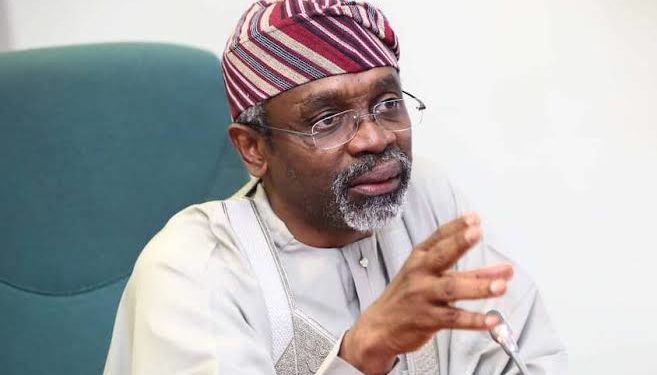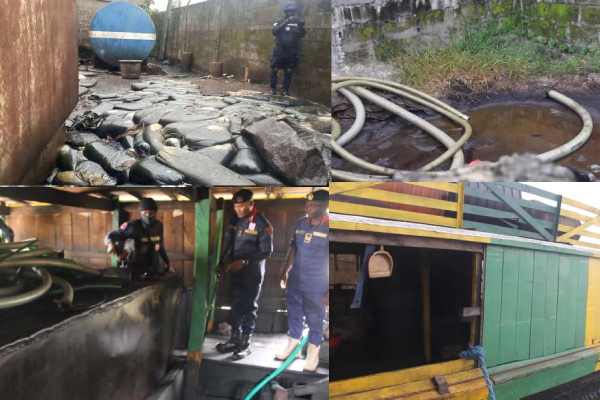The adoption of indirect primaries by political parties that involved the delegate system have seen many lawmakers lose their party tickets.
The 10th National Assembly might have the highest turnover of legislators, as more than 200 of them will not return to the hallowed chambers.
Speaking in an exclusive interview with Sam Omatesye, Speaker of the House of Representatives, Femi Gbajabiamila spoke on various aspects of legislative matters in the ninth Assembly.
Sharing his experience as the forth citizen of Nigeria, speaker Gbajabiamila alluded that piloting the affairs of the green chamber in the last three years has not been that easy, but thanked God and the support he enjoys from his colleagues.
“The experience has been very wide. In the last three years that I have been the speaker of the House of Reps, it has come with its challenges. You have the constituency to manage, you also have your colleagues too to manage. You have to be there 24/7, it’s not a 9-5 job. You have to get the job done, even those that are not your responsibilities. You also have your colleagues to manage, you are not their boss but first among equals. It’s very challenging but I thank God for the grace.”
Gbajabiamila, who recently celebrated his 60th birthday also spoke on why he believes the direct primary is the best way of electing party’s representatives.
“Everything that I foresaw at the plenary played out. Apart from the issue of money which many talked about during primaries, the process that produced the delegates itself was an issue.
Mr Gbajabiamila spoke bitterly on the circumstances leading to the defeat of some of his colleagues at the primary despite their outstanding performances and popularity at their respective constituencies. “I can give you names of popular distinguished senators in their districts and honourable who are extremely popular but did not return because of the delegate system. How do you explain where a member has done very well in his constituency and the evidence is there but he did not get the return ticket because of the delegate system. This doesn’t help our democracy. It sends a signal to those coming that it doesn’t mean what you do, you have to be in the good books of your governor or the chairman. The indirect system is even more expensive. I think we have learnt our lessons and we can look at the direct system again or even if it is the indirect system, we have to look at how the delegates emerge.”
Speaking on the controversy that trailed statutory delegates days leading to the party primaries, the House of Representatives speaker said statutory delegate is not alien to our system. “Statutory delegates are not foreign to us. It has been in the books forever. It was in the 2010 electoral law. As a lawmaker, it is your duty to make the law better to avoid ambiguity and that’s what we just did.”
On the gale of defection at the national Assembly, the speaker blamed the development on perceived injustice and unfair treatment of members of the national assembly in their respective states. “I can assure you, if members went for election and they lost squarely, nobody will talk about defection. But when they perceived they’ve been robbed and unfairly treated, defection becomes an option. As progressives, we cannot continue to be changing hands every four years.”
He also spoke on alleged imposition of lawmakers in the 2019 elections. “Self-preservation is the first instinct of every human being. As progressives, we have to change the idea that people are imposed or changed at will should not continue.”
Speaking on the rising debt profile of some African countries, including Nigeria, and the possibility of African speakers pushing for debt relief from creditors, Mr Gajabiamila noted that there’s nothing wrong in trying anything that is good even for the umpteenth time, giving his assurances that the conference of African speakers would explore the option.
“I think anything good is worth trying for even the umpteenth time. We would try it again, we would advance the need to release that choke off our neck. And if we can get that done, it will help both parties. Don’t forget that the western world too will benefit from, it’s a win-win situation. We would sit down roundtable and prioritise the need.”














